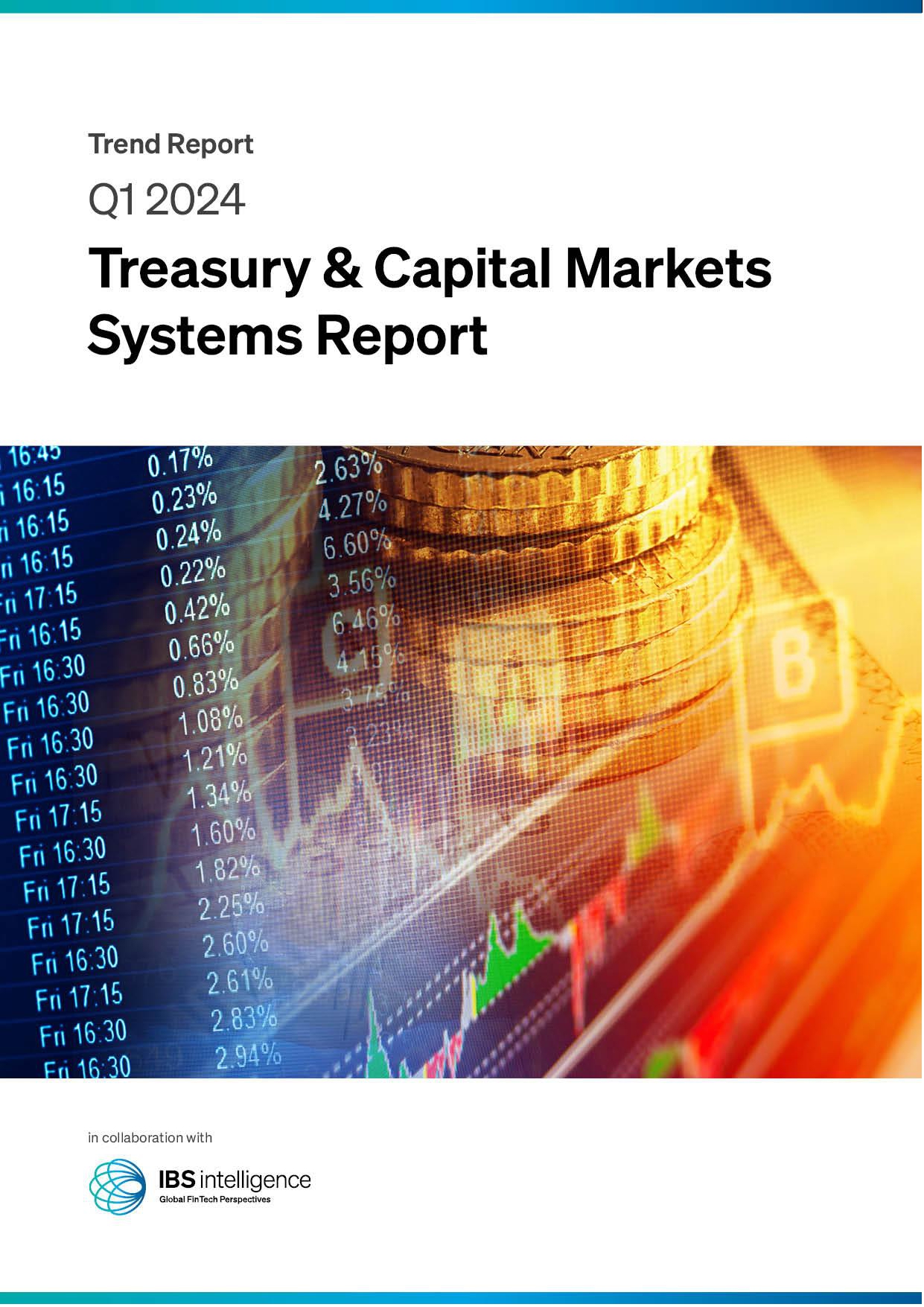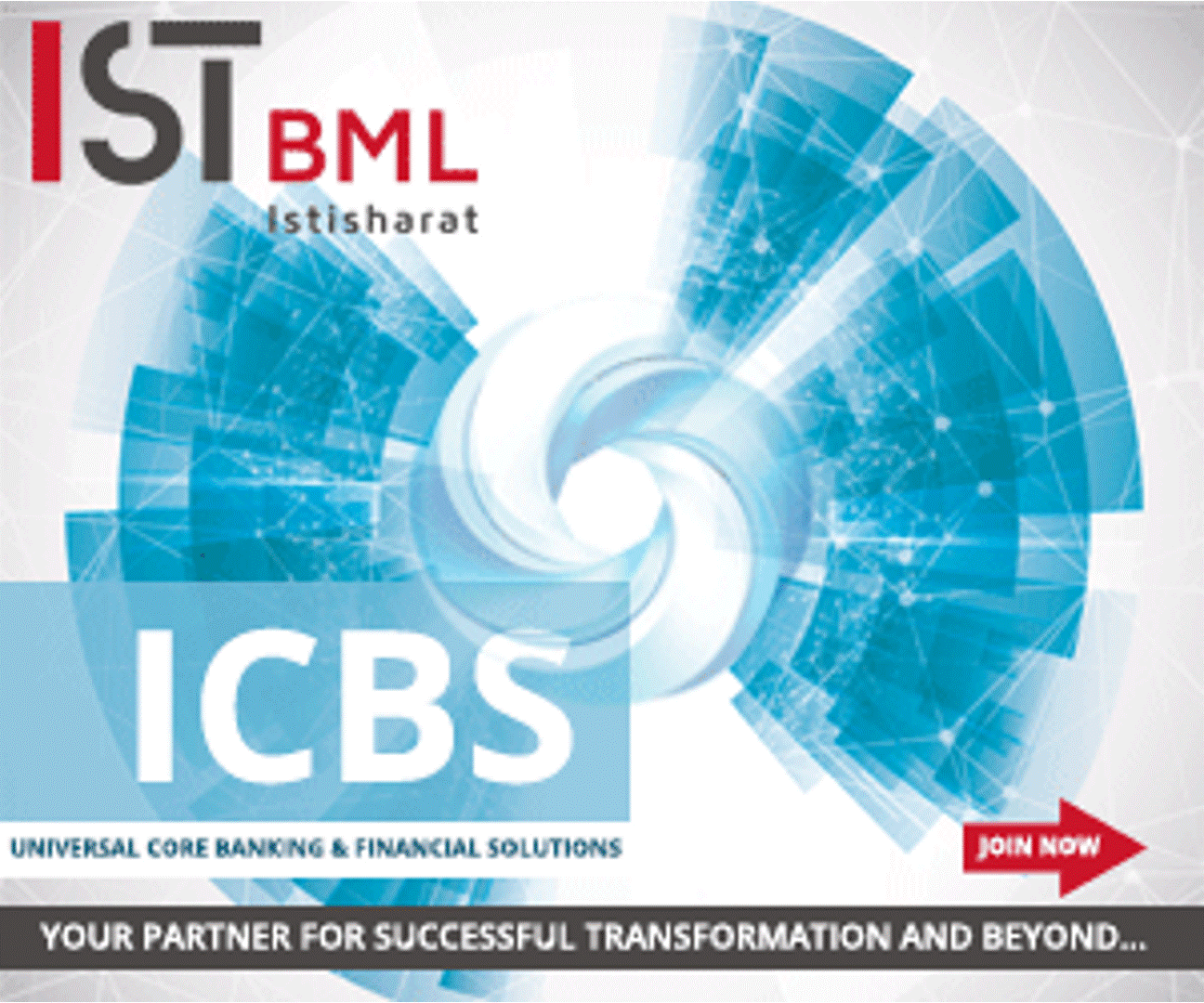Can AI & ML revolutionise compliance in financial services amid regulatory challenges?
By Puja Sharma
 Mission critical AI and machine learning technologies address the need to do more, with less
Mission critical AI and machine learning technologies address the need to do more, with less
CUBE, a global Automated Regulatory Intelligence (ARI) and Regulatory Change Management (RCM), has launched a report analysing the greatest compliance challenges posed in today’s world for global financial services firms. The report aims to help guide strategic decision-making within compliance departments, featuring interviews with respected compliance professionals and regulatory experts across the industry.
Describing the current climate facing financial services firms, CUBE’S Global Head of Product, Artificial Intelligence, Dr Yin Lü observed “when looking at the scale of change most financial services firms have experienced over the last few years, there really has been a veritable maelstrom. Innovative technology, aggressive regulators, and rampant consumer demand for new products and services have all contributed to fundamental industry changes within a very limited timeframe.”
The report breaks down the main compliance issues into five key areas: (i) the pace of regulatory change, (ii) getting ahead of risk, (iii) the ESG divide, (iv) data privacy & AI and (v) tighter budgets & rising costs.
Managing regulatory change continues to be a challenge for most. CUBE’s regulatory inventory, which is the world’s largest in operation, has tracked over 40 million regulatory issuances directly applicable to the banking sector since the 2008 financial crisis. Expansion of regulatory perimeters has been a consistent cause for concern with the ongoing revision of the UK’s payments framework and its post-Brexit direction to US rulemaking bodies’ attempts to rein in crypto actors, digital wallet providers and shadow banking services, all creating untold complexities for compliance professionals throughout the financial services industry.
Dr Yin Lü stresses the importance of proactively getting ahead of risk to help mitigate the ever-increasing penalties handed out for non-compliance. As she observes, “Over the last 12 months, several enforcement trends have emerged as regulators increasingly crack down on recordkeeping lapses, crypto fraud, and corporate governance weaknesses. A stark example is that fines for unmonitored phone usage have totalled more than $2 billion since 2022. Clearly, it benefits the bottom line to stay ahead of the ever-changing compliance requirements.”
The report covers the increasing divide on ESG matters and how this can muddy the water for compliance professionals who are faced with the daunting task of guiding boards and CEOs through a multitude of conflicting demands and evolving standards. With a lack of clarity around how the financial services industry should best meet ESG expectations across different jurisdictions, and growing geopolitical divides adding fuel to the fire, non-compliance is becoming increasingly common which is unsurprising given there are more than 600 active ESG standards and frameworks.
Concerns around every aspect of data management, security and privacy remain high on the agenda. Since 2023, privacy laws have significantly expanded due to increased regulatory pressure to protect the personal data of consumers. With compliance teams now expected to implement ever-evolving complex frameworks across international jurisdictions, AI is proving to be an invaluable tool.
As Dr Yin Lü explained, “Practices such as horizon scanning and data mapping using AI and machine learning technologies have become mission-critical exercises. They help organisations structure, classify, and even understand the ecosystem of laws which apply to processing activities, based on what data is collected and how it is used.”
Additionally, AI can help with the unifying problem facing compliance professionals working within the financial services sector which is the need to do more with less. With pre-2008 financial crisis profitability and valuations unlikely to return any time soon, banks in particular need to consider how technological advances in AI can cost-effectively transform functions like compliance. Dr Yin Lü notes that “ultimately, the best safeguard against out-of-control compliance spend is refitting the function with AI at the heart of regulatory change management.
Yin added, “We need to transition to machine-driven and human-validated compliance workflows, with constant feedback loops to ensure that the models stay aligned with the latest data. We need to reimagine what compliance teams are capable of with regard to fostering financial stability and protecting both businesses and consumers.”
IBSi Daily News Analysis
IBSi FinTech Journal
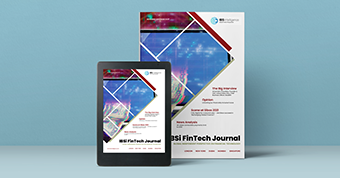
- Most trusted FinTech journal since 1991
- Digital monthly issue
- 60+ pages of research, analysis, interviews, opinions, and rankings
- Global coverage
Other Related News
Related Reports
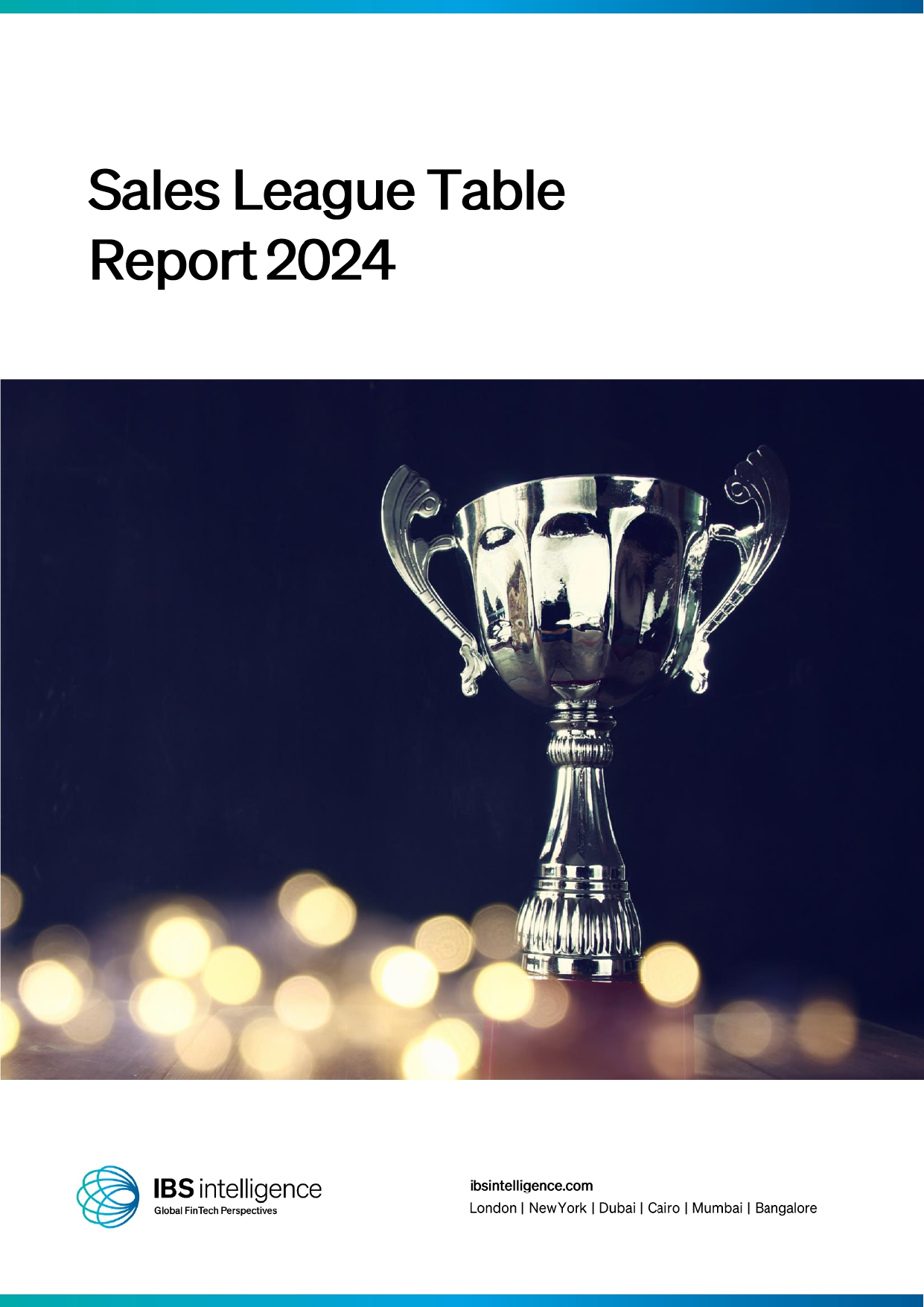
Sales League Table Report 2024
Know More
Global Digital Banking Vendor & Landscape Report Q2 2024
Know More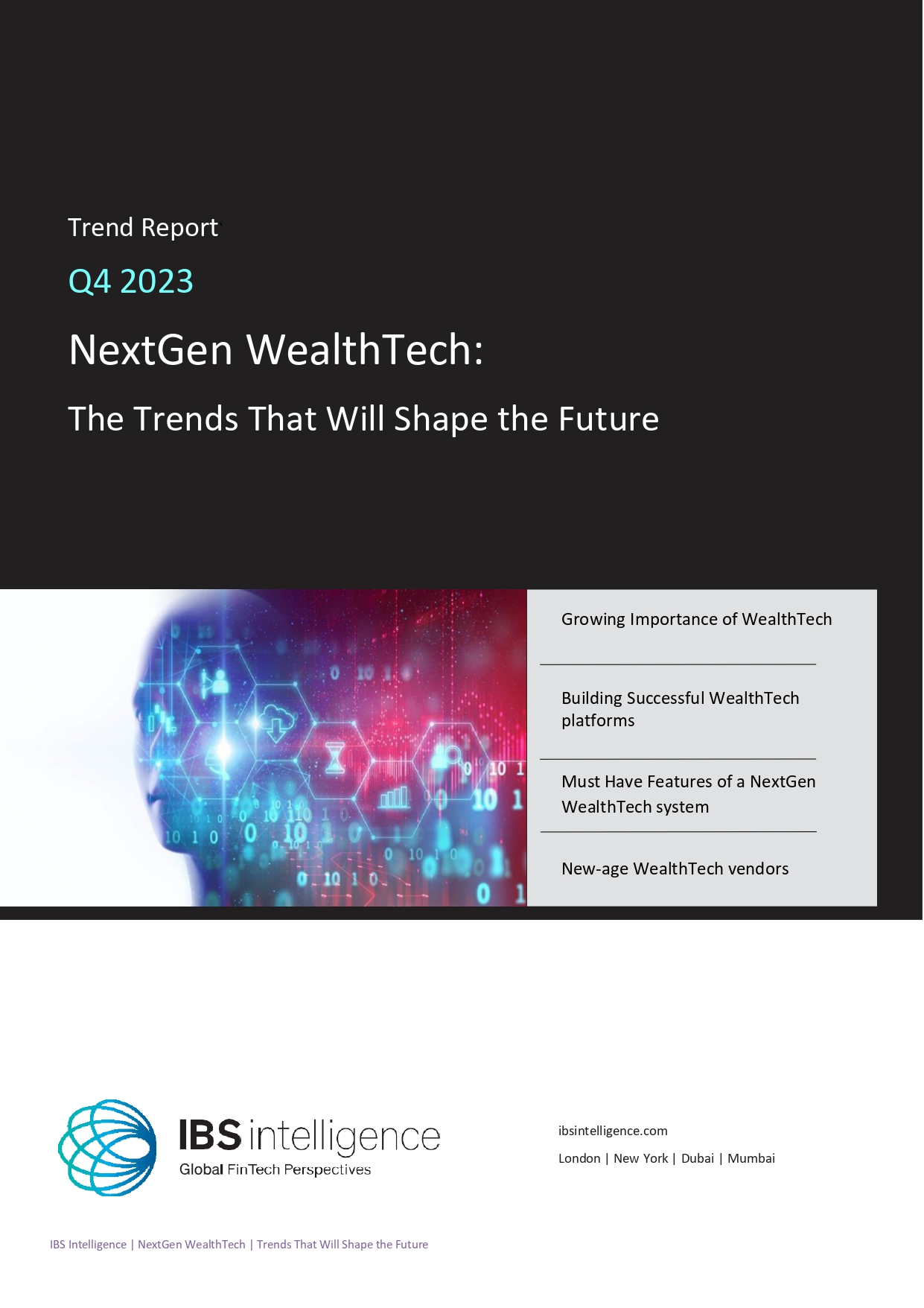
NextGen WealthTech: The Trends To Shape The Future Q4 2023
Know More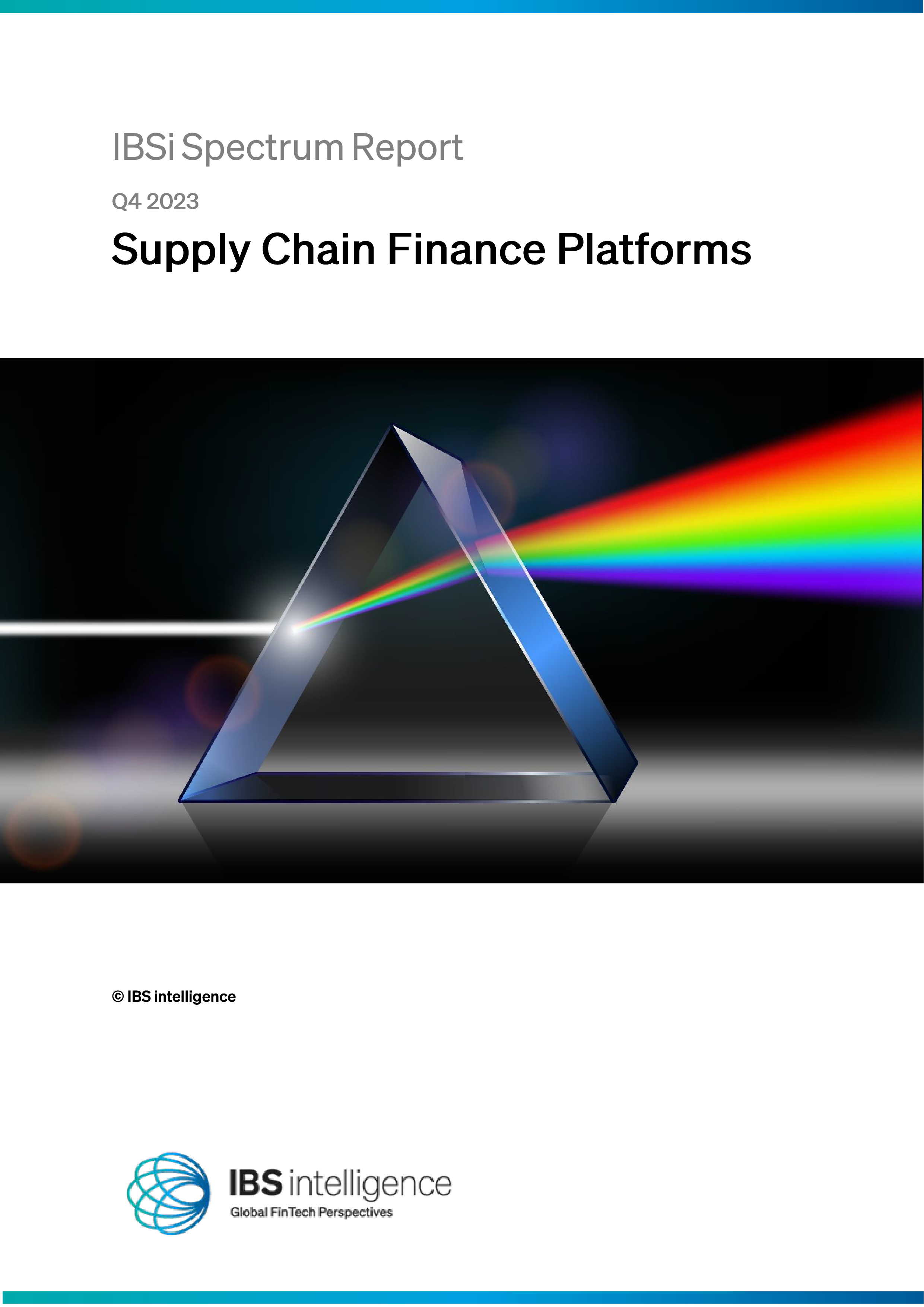
IBSi Spectrum Report: Supply Chain Finance Platforms Q4 2023
Know More